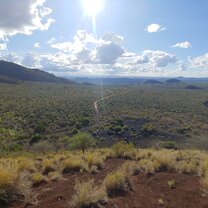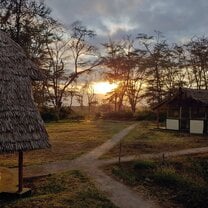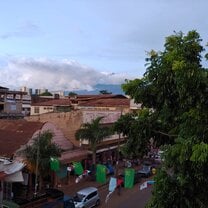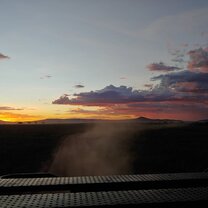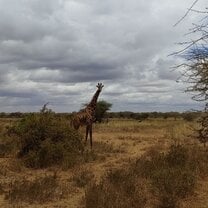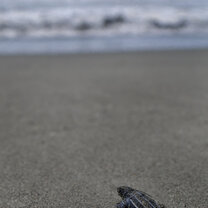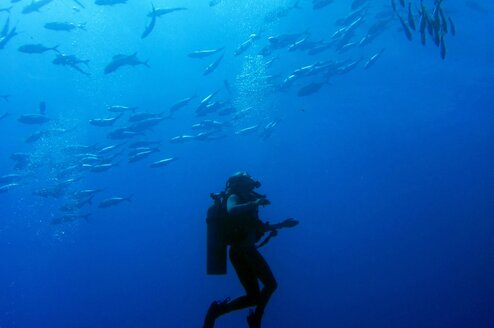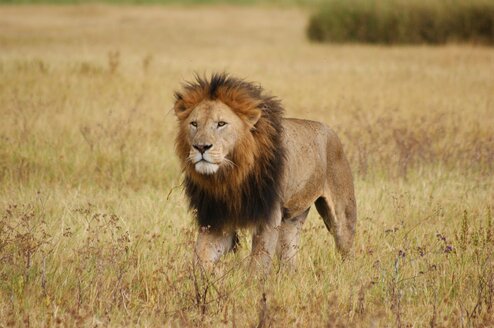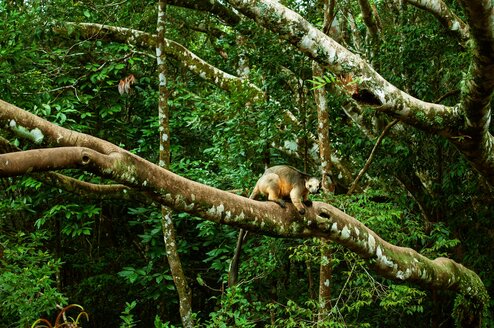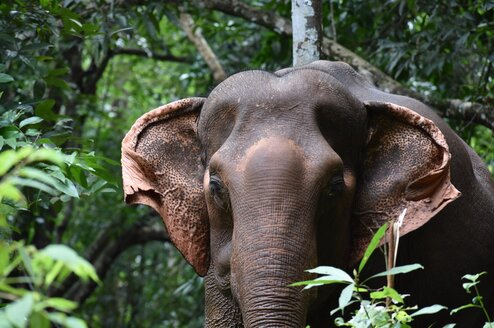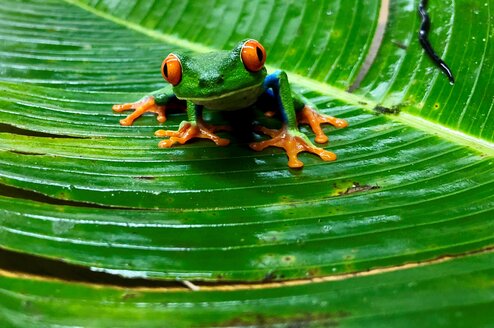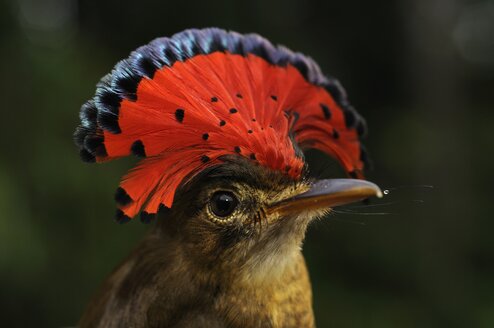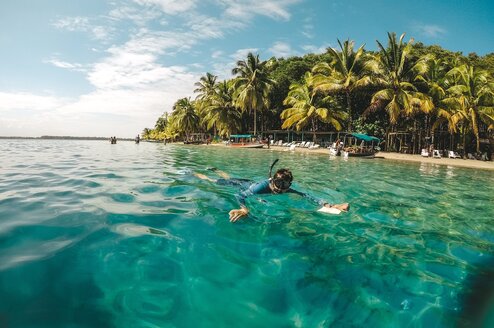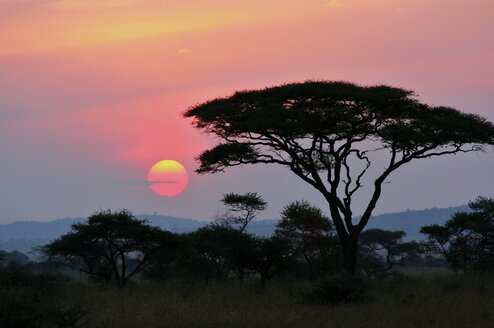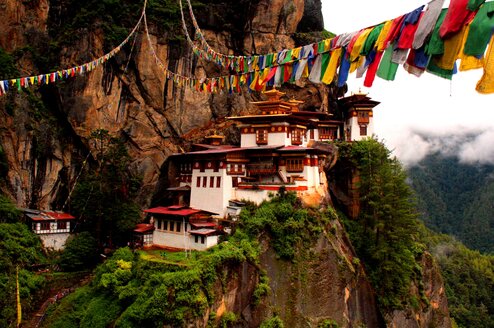
The School for Field Studies (SFS)
Why choose The School for Field Studies (SFS)?
The School for Field Studies (SFS) offers field-based programs that revolve around environmental studies and research. The programs involve exploration of the human and ecological aspects of issues having to do with the local environments. Students assist SFS's global partners and host communities in their research, finding meaningful solutions to real environmental problems. Study abroad with SFS to have an experience of a lifetime and earn academic credit while making a difference in the world!
Website
www.fieldstudies.orgFounded
1980Scholarships

The School for Field Studies Scholarships
SFS works closely with your home school to help you fund your SFS program. Many applicants receive aid through their home institutions or other outside sources, so check with your financial aid office to see what aid may apply to an SFS program.
Reviews
Programs
Alumni Interviews
These are in-depth Q&A sessions with verified alumni.
Staff Interviews
These are in-depth Q&A sessions with program leaders.
Professional Associations
















